Writing is like acting…
The point of writing is so your writing disappears. Let me explain:
Good actors disappear; you only see the character they’re playing. Bad actors draw all your attention to their acting.
Good writers disappear; you only see the story they’re telling. Bad writers draw all your attention to their choice of words.
Good actors are good because we remember their characters better than we remember them. We don’t see Margot Robbie as insecure as she says she is because her persona is more saliently established in the sexy Naomi Belfort, the flamboyant Nellie LaRoy, the bold Tonya Harding, the glamorous Sharon Tate, and the confident Barbie (but also because she’s gorgeous, but you get my point). In each of these characters, Margot Robbie disappears.
If you write to show how well you can write, you’re a bad writer. If people comment on your writing before they talk about how your writing made them feel, you need to work harder on making your words disappear. Melt into the paper. Hide behind the cursor. Stay back — let the writing do the magic.

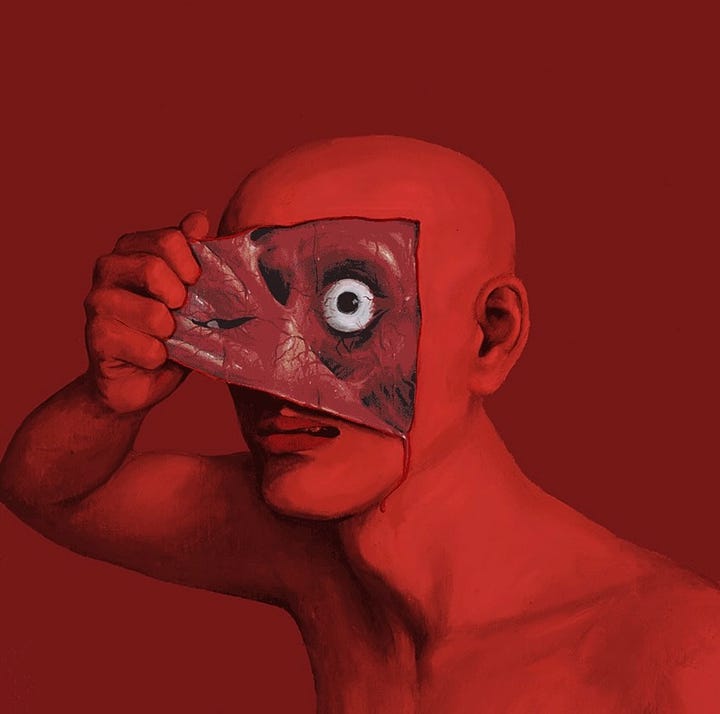
…and like acting, learn how to snap out of your character…
People sometimes ask if I’m okay because I sound sad in my writing. But that’s only because I’ve sort of made a public face out of that. In real life, I’m not that serious. Also, I get annoyed when people ask me about something I’ve written because the whole point of having that in writing is so I don’t have to explain it in-person. Writing is the medium in which that particular thought exists. If you want to know how I feel about that article, just read the article.
Most writing comes from sadness. Rarely does writing come from happiness. Not because we don’t like happiness, but precisely because we all know what it is. This is Tolstoy’s “happy families are all alike and every unhappy family is unhappy in its own way” — only in sadness is there variety, color, depth, and things worth talking about. After all, no one visits a therapist or introspect when they’re happy.
Cheating spouses, unrequited love, backstabbing friends, generational trauma — these are the things that make grand stories GRAND. Suffering is why we need art, yet art is simultaneously why we suffer. The word “passion” comes from the Latin, patior, which means “to suffer or endure.” C.S. Lewis called Christianity the “true myth” because it’s the template all other stories need; the story of excruciating agony turned into glory by overcoming death, that is. Even the word “excruciating” means “pain that comes from the cross” or “as painful as a crucifixion” (Latin, excruciare). In other words, without passion — suffering and enduring — there would be no stories. There would be no journey and no hero to be created.
Passion gives you something to write about and a place to write from, but that doesn’t mean you should to be sad all the time. Otherwise, you end up like Woolf, Plath, and Hemingway, who are examples of good writers who couldn’t snap out of it. Don’t let your artistic rage consume you. (related)
I was ashamed of myself when I realised that life is a masquerade party, and I attended with my real face. — Franz Kafka
There are some actors who are naturals at playing a certain character — Cillian Murphy looks more like Thomas Shelby pretending to be Cillian Murphy most of the time. The same goes for Kevin Spacey being the cold-blooded villain and Maggie Smith being the wise and witty grandmother.
Jack Gleeson was so good at playing Joffrey Baratheon in Game of Thrones that he had to take a break because the role made him less passionate about acting. I often wonder if it was because of the psychological impact that being the villain had on his mind. Here’s the thing: just because Joffrey is fictional doesn’t mean he’s not as real as Jack, especially in the moment when Jack is in the character of Joffrey.

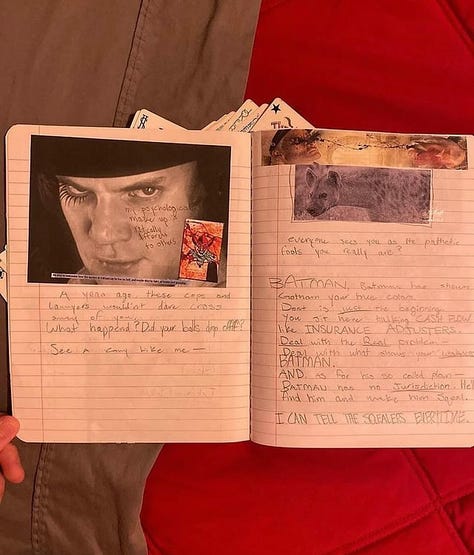
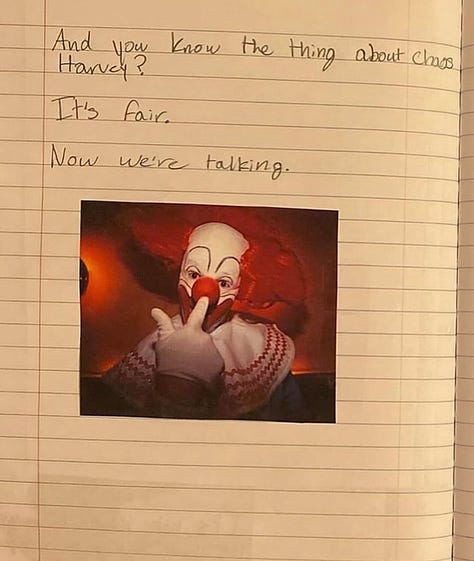
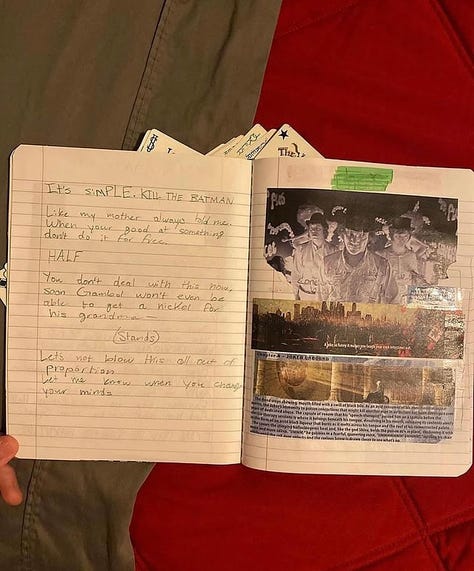
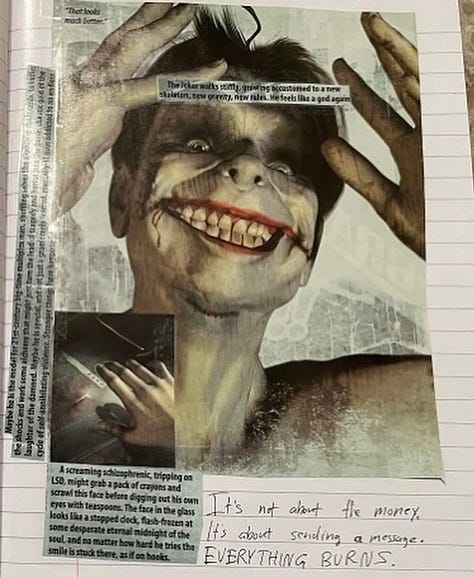

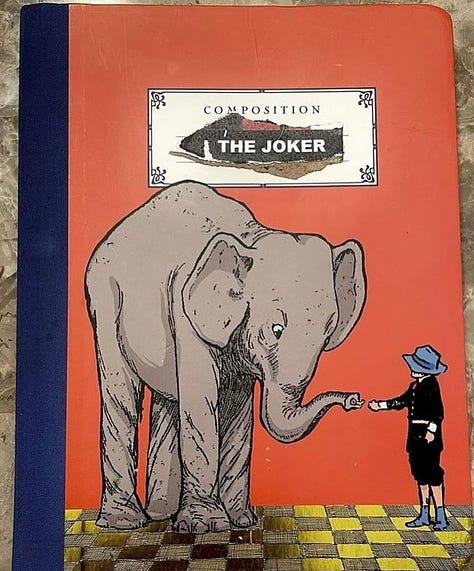
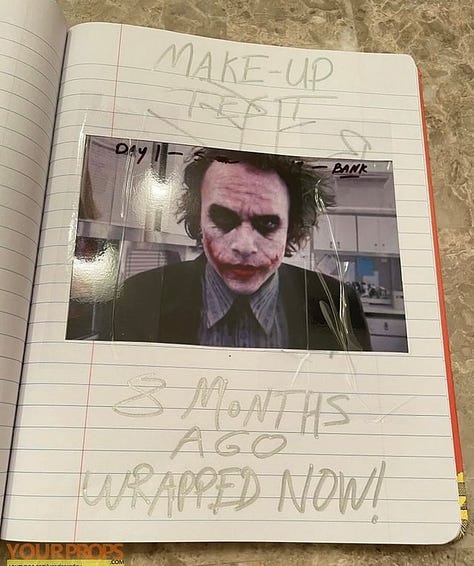
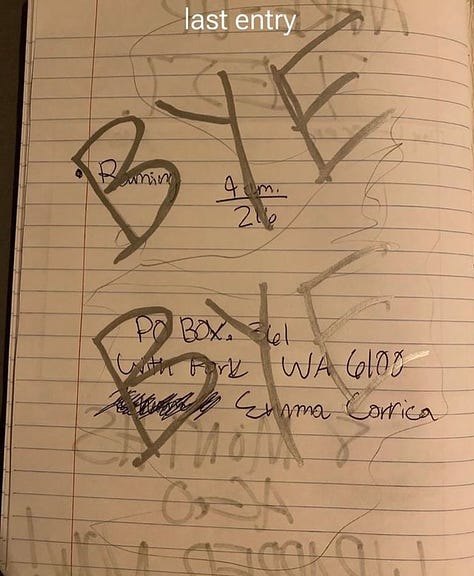
Writing is a lot like acting; I write to be someone I’m not (fully). Real authenticity is not caring about authenticity at all. It’s doing whatever the hell you want.
General tip: channel yourself artistically but be very careful of what you summon. Knowing how to snap out of your writing character is just as important as knowing how to find it.




